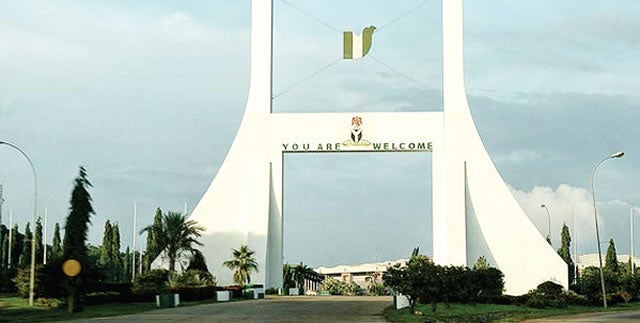By Daniel Tyokua
Strategic stakeholders have called for relentless efforts by government to improve on areas that would help in tackling cases of terrorism and trans-border crimes across the Sahel region.
At a penal discussion in Abuja tagged ‘Security sector governance and countering radicalism’ the speakers in their separate submissions urged the governments of the region to rise against trends of violent radicalism threatening the peace of their countries.
Speaking on the topic Combating Extremism in the Sahel; what strategies should we employ? Brigadier General Saleh Bala (Rtd), noted that the rising threats flowing from the Sahel region down to the coast, was largely responsible for the increasing insecurity that has held Nigeria down on its knees.
He added that multiple factors, like increasing desertification, drug abuse, climate change and burgeoning unemployment have made it difficult for families to control radicalism.
According to him, the most effective and sustainable way to combating violent extremism in the Sahel is having or promoting good governance, that would ensure inclusion, rule of law, transparency, justice, peace and employment.
The Convener and station manager, West Africa Democracy Radio (WADR), Agnes Thomasi said trends of extremism has become too ominous to be ignored.
Mrs Thomasi said the media has a key role to play in countering radicalism in Sahel region, and even in Nigeria.
She explained that the focus of the project being carried out by WADR was pertinent considering the urgent need to restore peace and security in Nigeria and Africa through strategic measures towards deradicalism of arms bearers.
Panelists at the meeting unanimously called for more inclusion in tackling insecurity and radicalism across the region as voices of the people matter in decision making.
They also pointed that violent extremism thrive on exclusion and marginalisation and so call for good governance that allows for inclusion, job creation, among others.
A Federal Commissioner at the Nigerian Police Service Commission, Rommy Mom, who decried the low rate of implementation of laws in Nigeria and the rest of Africa, said victims of violent crimes need to be brought into security conversations else top level policy drafts will only end up as policies on paper.
“Citizens ought to be in communion at all levels. Their voices should count in sharing information and participation. The problems of insecurity in the Sahel and indeed other parts of Africa is not the absence of laws and policies but lack of implementation.”
Admin officer at Engaging Borders, Janice Malachi, explained that extremism and human trafficking across the sahel are not sustainable on their own but depend on ideologies and promises of economic empowerment in recruiting youths and women who are the targeted groups.
Malachi therefore urge governments and opinion moulders to effectively play their parts in order to deprive groomers of potential recruits.
However, a broadcast journalist and public commentator, Tok Samson Morgan, called for respect for the rule of law, peace and security in the Sahel.
Morgan, while treating a topic on “Building a Culture of Democracy, Good governance,” stated that the citizens have to own the governance process by taking responsibilities through effective participation and contribution to the affairs of the society.
In his word, “There most be concerted effort by stakeholders especially those in governing positions to build a character of consensus and compromise in handling issues affecting the society. This should start from the education system, where it should be made compulsory for the citizenry to actively participate in the governance process at all level.
“There must be transparency, accountability, rule of law (impartiality) and improved access to the governance process, in order to instill trust and sense of responsibility in citizens for greater participation in the governance process.”



